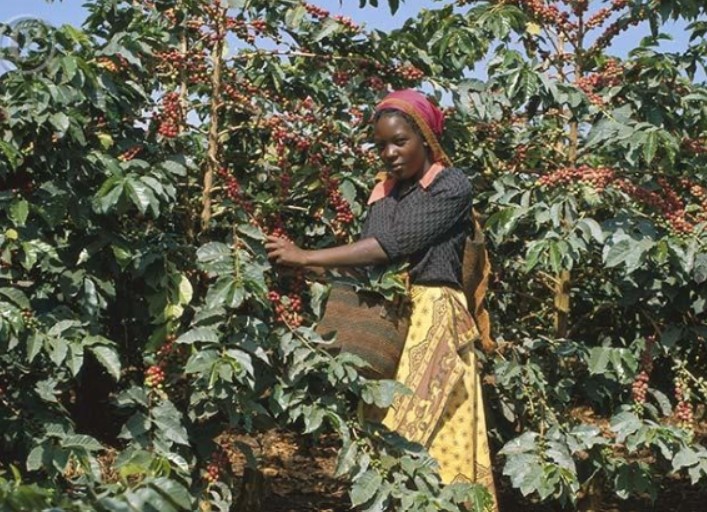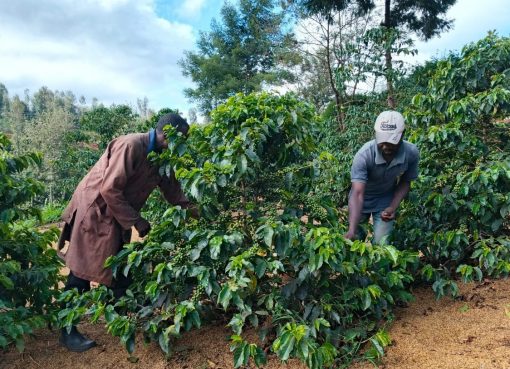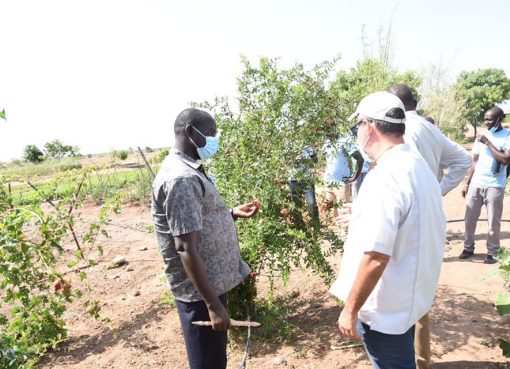Women in Kiambu are transforming Kenya’s coffee industry through empowerment and innovation, challenging traditional barriers and redefining their role in the sector.
Coffee, Kenya’s second-largest agricultural export after tea, remains a pillar of the nation’s economy. In 2023, the crop generated over KSh 25 billion (USD 200 million) in export revenues, with Kiambu County contributing 15% of the country’s premium Arabica beans.
Women make up 70% of Kenya’s coffee labour force, according to the Kenya Agricultural and Livestock Research Organisation (KALRO). From planting seedlings to sorting beans, their work is tireless. Yet, until recently, few women owned land, accessed credit, or had a voice in cooperative societies.
A transformation is underway. Women in Kiambu are now leading cooperatives, adopting climate-smart farming techniques, and bypassing middlemen to sell directly to exporters. Organisations such as International Women in Coffee (IWIC), in partnership with KALRO, are driving this change.
“Our mission is to dismantle barriers. We teach women to negotiate prices, brand their coffee, and leverage technology to track market trends. We provide training programs that educate women across various counties, empowering them to thrive in the industry,” said Josephine Achieng, IWIC’s Programme Assistant Coordinator.
“When women are empowered, they reinvest in their children’s education and community health,” she added.
Despite their significant presence in the industry, only 12% of coffee farms in Kiambu are registered to women, according to the Kenya National Bureau of Statistics (2023). However, women-led cooperatives report 35 per cent higher productivity after adopting IWIC’s training, according to KALRO data.
Kiambu’s coffee exports generated Sh 3.75 billion (USD 30 million) in 2023, with women contributing over 50 percent of the labour behind this output.
With organisations like IWIC and partners like KALRO paving the way, the future of Kenya’s coffee industry is not just in the hands of women; it is in their hearts, their hands, and their unwavering determination. As global demand for ethically sourced coffee grows, Kiambu’s women are poised to lead the industry into a new era.
By Yvonne Wangeci





